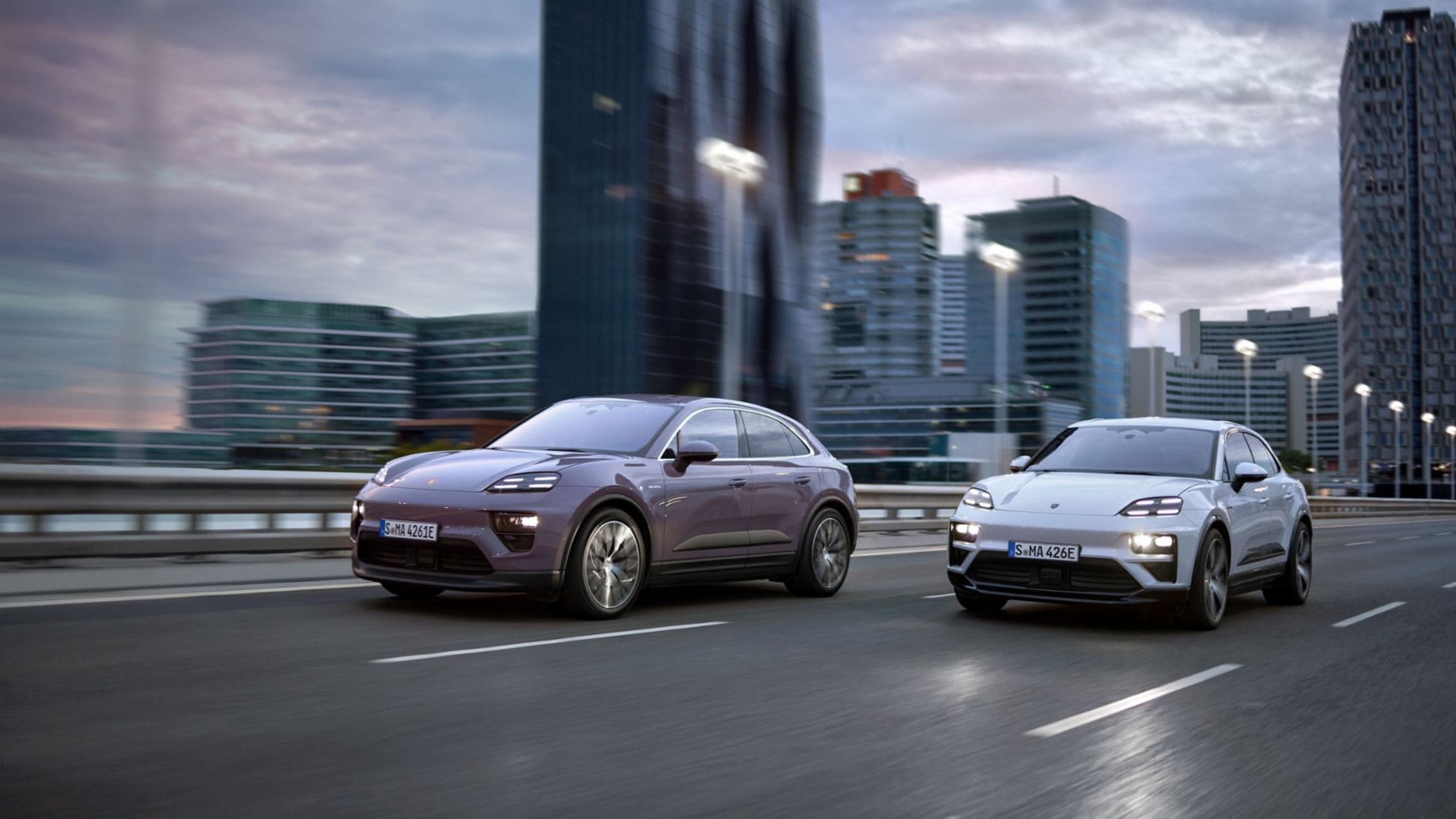
Known for luxury and performance, Porsche is undergoing a transformation as it moves toward electric vehicles (EVs), but the automaker isn't switching to all-electric yet. However, Porsche's ambitious plans look to a future where EVs will take over the lineup. In this article, our team at Porsche Livermore will explore Porsche's EV strategy and what lies ahead.
A Modern Shift in Automotive Energy
The global automotive industry is moving quickly toward sustainable energy solutions. This is largely driven by environmental concerns and regulatory pressures. Porsche electric cars have become a big part of this transformation, with automakers racing to redefine their portfolios. Keep reading to learn more about Porsche's exciting strategy for EVs or visit Porsche Livermore to test-drive some of the models that are already available for residents in Livermore, California.
What's the Status of Porsche's Electrification Strategy?
Porsche has an ambitious plan to make over 80% of new vehicles fully electric by 2030. This is part of the company's larger plan to lower all carbon emissions that result from the design, production, and customer delivery of its vehicles.
Key Milestones in the Porsche EV Journey
Here are some key milestones for Porsche's EV plan.
The Taycan's Success
The Taycan was Porsche's first EV. It sold more than the iconic 911 globally in 2021, with 41,296 units delivered compared to 38,464 for the 911, demonstrating strong consumer demand for electric cars from Porsche.
The Macan EV Launch
Porsche introduced an all-electric Macan in late 2024. The model saw impressive initial sales, with 18,278 units delivered in just one quarter. Built on the new Premium Platform Electric, the Macan EV promises high performance and practicality.
Hybrid Expansion
Porsche is moving toward full electrification while it continues to invest in hybrid models. The legendary 911 will feature hybrid options before eventually turning into an all-electric version. Porsche has confirmed that the next-generation Cayenne will come in gas, hybrid, and all-electric versions, and a hybrid 911 Turbo trim is slated for production in the second half of 2025.
Challenges in the Transition
Despite its aspirational plans, Porsche faces challenges. Sales of the Taycan dropped 49% in 2024 because of lower demand for EVs and more competition in China. EVs are more expensive than internal combustion engine (ICE) models, which is understandably still a barrier for some consumers.
The Future of Porsche
Porsche's future is all about EV power. However, it's doing so slowly to meet different market demands. Here's what we can expect:
- New EV models: Porsche plans to offer an EV 718 Boxster and Cayman by 2025. We also expect an EV Cayenne by early 2026.
- eFuels investment: Porsche recognizes that not all markets are ready for full EVs, so it's investing in eFuels to make gas models more sustainable.
- Customer-centric approach: Porsche is changing its production lines to make both ICE and electric models simultaneously to ensure that it can cater to different consumer needs around the world.
The Road Ahead for Porsche and Its Customers
While Porsche isn't switching to all-electric vehicles completely just yet, it's certainly steering in that direction. The company is currently offering high-performance EVs along with hybrid and gas options, which is exciting news for car enthusiasts and anyone interested in sustainability.
FAQ About Porsche EVs
Here are some frequently asked questions for Porsche's EV lineup.
Is Porsche Going All-Electric?
Not yet. Porsche hopes over 80% of its new vehicle sales will be fully electric by 2030 but will continue offering hybrid and ICE models to certain markets.
What Are Porsche's Current Electric Car Models?
Porsche currently has the Taycan and the Macan EV. The electric 718 Boxster and Cayenne are still in production.
Why Did Taycan Sales Decline in 2024?
There was less demand for EVs in some markets and increased competition from domestic brands in China.
What Is eFuels Technology?
eFuels are synthetic fuels that are made using renewable energy sources. They can reduce carbon emissions from gas vehicles to enhance Porsche's EV efforts.
Is Porsche Stopping Making Electric Cars?
Porsche will phase out its current Boxster and Cayman models by 2026. The brand has admitted that the transition to EVs is going more slowly than anticipated, but it's still committed to a flexible drivetrain strategy.
Test-Drive an Electric Porsche Today
Porsche's journey toward electrification is about balancing innovation and tradition. It makes sure that Porsche continues to lead while tapping into a more sustainable market. Experience the thrill of an electric Porsche for yourself by visiting Porsche Livermore to test-drive the Taycan or the Macan in all their forms today. We can walk you through the different features and help you decide which Porsche is the right fit for you.